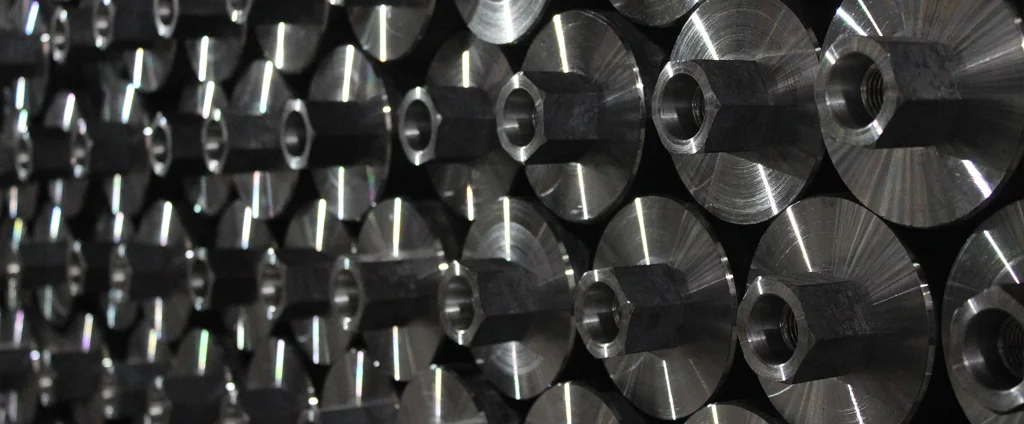SAE/AISI 1010 Carbon Steel (UNS G10100)

SAE/AISI 1010 is a low-carbon steel alloy renowned for its balance of strength, ductility, and cost-effectiveness. With excellent weldability and machinability, it is widely used in the automotive, construction, and fabrication industries.
| Chemical Composition | ||
|---|---|---|
| Element | Min | Max |
| Iron | 99.18% | 99.62% |
| Carbon | 0.08% | 0.13% |
| Manganese | 0.30% | 0.60% |
| Phosphorous | —— | 0.04% |
| Sulfur | —— | 0.05% |
The following table provides a list of SAE/AISI 1010 properties in both SI and US customary/Imperial units.
Click on the button to switch between Metric and Imperial units.
| Physical Properties | Metric |
|---|---|
| Density | 7870 kg/m3 |
| Mechanical Properties | Metric |
| Tensile Strength (Ultimate) | 365 MPa |
| Tensile Strength (Yield) | 305 MPa |
| Young’s Modulus (E) | 190 - 210 GPa |
| Bulk Modulus (K) | 140 GPa |
| Shear Modulus (G) | 80 GPa |
| Elongation at Break | 20% |
| Poisson’s Ratio (ν) | 0.27 - 0.30 |
| Brinell Hardness | 105 |
| Thermal Properties | Metric |
| Thermal Conductivity | 50 W/m·K |
| Specific Heat Capacity (Cp) | 448 J/kg·K |
| Coefficient of Thermal Expansion (αL) | 1.22×10-5 1/°C |
| Electrical Properties | Metric |
| Electrical Conductivity | 6.96×106 S/m |
| Electrical Resistivity | 1.43×10-7 Ω·m |
The values in this table are approximate and can vary depending on various factors such as the specific manufacturing process and heat treatment applied to the alloy.
Advantages & Disadvantages of 1010 Carbon Steel
| Advantages | Disadvantages |
|---|---|
| Cost effective | Low strength |
| Good formability | Limited hardness |
| Good weldability | Susceptible to corrosion |
| Good machinability | Limited heat resistance |
Applications of 1010 Carbon Steel
AISI 1010 carbon steel finds applications in various industries and for a range of products due to its favorable properties. Key applications include:
- Automotive Components: Used in the manufacturing of various automotive components such as brackets, clips, connectors, and fasteners. Its good formability and weldability make it suitable for these applications.
- Structural Parts: Commonly employed in the construction industry for fabricating structural parts like beams, columns, and supports. Its cost-effectiveness and ease of fabrication contribute to its popularity for these applications.
- Tubing and Pipes: Frequently chosen for the production of tubing and pipes used in plumbing, heating, ventilation, and air conditioning (HVAC) systems, as well as automotive exhaust systems.
- Furniture: Often utilized in manufacturing furniture frames, including chairs, tables, and shelves. Its formability allows for the creation of intricate designs and shapes.
- Wire Products: Widely employed in producing wire products, including wires for fences, mesh, nails, and screws. Its formability and low carbon content make it ideal for wire drawing processes.
